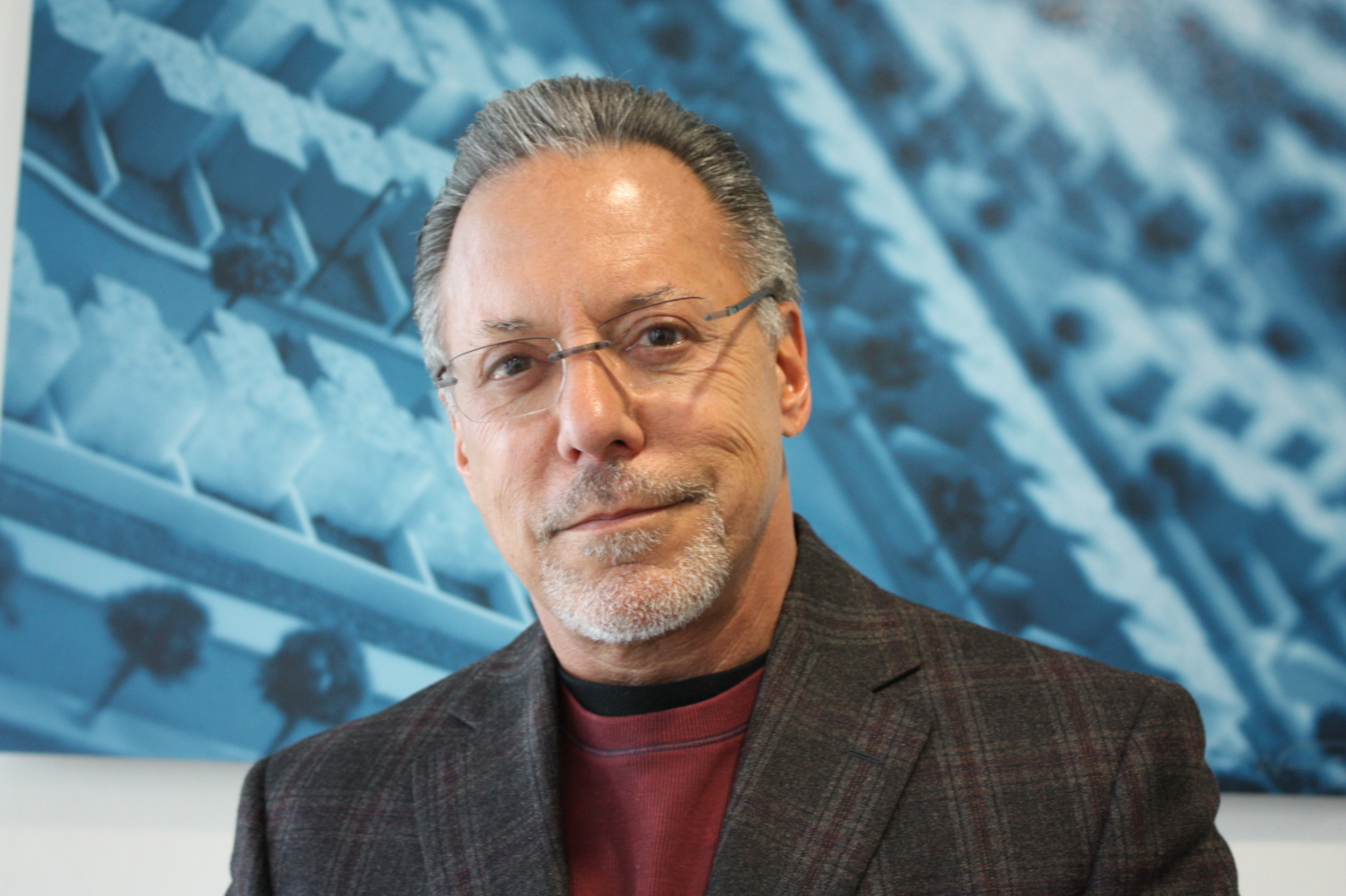
Biohacking Secrets For Success From the Greatest Executive Coach & Marketing Strategist In The World – Jay Abraham – #396
0:00 – Dropi from Daria Imports
1:20 – Cool fact of the day!
2:20 – Order Head Strong by Dave Asprey
2:50 – Air Oasis
4:15 – Bulletproof Collagen Bites
5:20 – Welcome Jay Abraham
9:00 – How Jay is a high performer
20:00 – Dr. Barry Morguelan
35:00 – Where did Jay learn all this?
39:00 – What’s the best piece of advice you’ve received?
50:00 – Top 3 tips for performing better at life
57:00 – Jay Abraham /50shades
Featured
Resources
Bulletproof
Subscribe To The Human Upgrade
In this Episode of The Human Upgrade™...
BOOKS
4X NEW YORK TIMES
BEST-SELLING SCIENCE AUTHOR
AVAILABLE NOW
Smarter
Not Harder
Smarter Not Harder: The Biohacker’s Guide to Getting the Body and Mind You Want is about helping you to become the best version of yourself by embracing laziness while increasing your energy and optimizing your biology.
If you want to lose weight, increase your energy, or sharpen your mind, there are shelves of books offering myriad styles of advice. If you want to build up your strength and cardio fitness, there are plenty of gyms and trainers ready to offer you their guidance. What all of these resources have in common is they offer you a bad deal: a lot of effort for a little payoff. Dave Asprey has found a better way.








